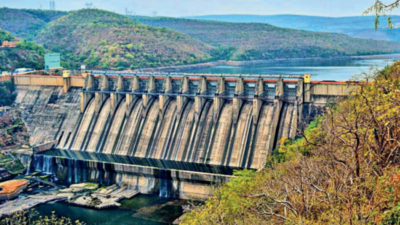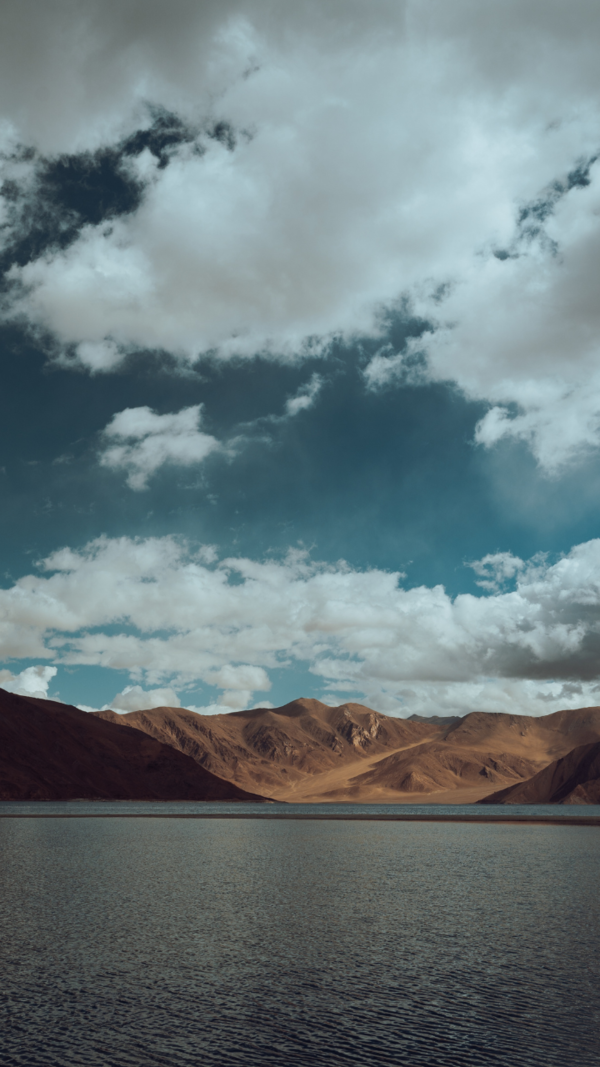- News
- City News
- chandigarh News
- Water sharing row: What is Dam Safety Act & why Punjab wants to repeal it
Trending
Water sharing row: What is Dam Safety Act & why Punjab wants to repeal it
Punjab is demanding the repeal of the Dam Safety Act, 2021, fearing it grants the Centre excessive control over state dams. Chief Minister Bhagwant Mann is drafting replacement legislation. Concerns also extend to sections of the Punjab Reorganisation Act, 1966, particularly regarding the Bhakra Beas Management Board, with accusations that these undermine Punjab's water rights.
With Punjab’s dispute over Haryana’s demand for additional water snowballing into a political storm, there is a growing demand in the border state for repealing the Dam Safety Act. Parties in Punjab say the law gives Centre the control over dams located within the state's territory. Details
What does it provide?
The Dam Safety Act, 2021, aims to provide for the surveillance, inspection, operation, and maintenance of specified dams across the country to prevent dam failure-related disasters and establish an institutional mechanism to ensure their safe functioning. It received the President’s assent on Dec 13, 2021.
- What are specified dams?
- What is Punjab’s stance?
Punjab chief minister Bhagwant Mann indicated on Monday that the state govt was already working on a draft to replace it with its own legislation. The resolution moved by the AAP govt in the Punjab assembly on Monday sought the repeal of the Dam Safety Act.
Punjab minister for water resources Barinder Kumar Goyal alleged that the Centre was trying to use the law to exercise control over dams in states. “That is their planning. Dams belong to the state, and they have no business to interfere,” he said.
- Congress objecting to parts of trifurcation law too
The Congress has also objected to sections 78, 79, and 80 of the Punjab Reorganisation Act, 1966, which laid out the grounds for the trifurcation of Punjab, on similar grounds. After the session, Congress MLA Pargat Singh said the AAP govt is silent on the law.
“These were overlooked even during the Punjab Termination Agreement Act, 2004. Both the laws should be annulled. There should be an expert committee to follow up on the issue,” he said.
- What do the parts state?
Sections 78, 79, and 80 specifically deal with the rights and liabilities related to the Bhakra-Nangal and Beas projects, which are crucial water and power resources in the region.
“The main objection is that these sections, particularly 79, give Centre the control over the management and distribution of Punjab’s river waters. Opposition parties argue that the arrangement undermines Punjab’s riparian rights and its control over its own water resources. A related concern is that the Bhakra Beas Management Board (BBMB), under central control, may not adequately protect Punjab’s interests in sharing water,” Pargat Singh said.
End of Article
Follow Us On Social Media








